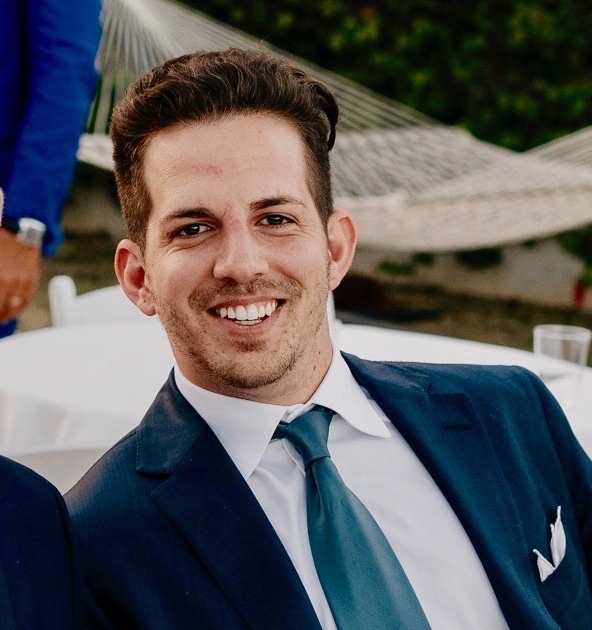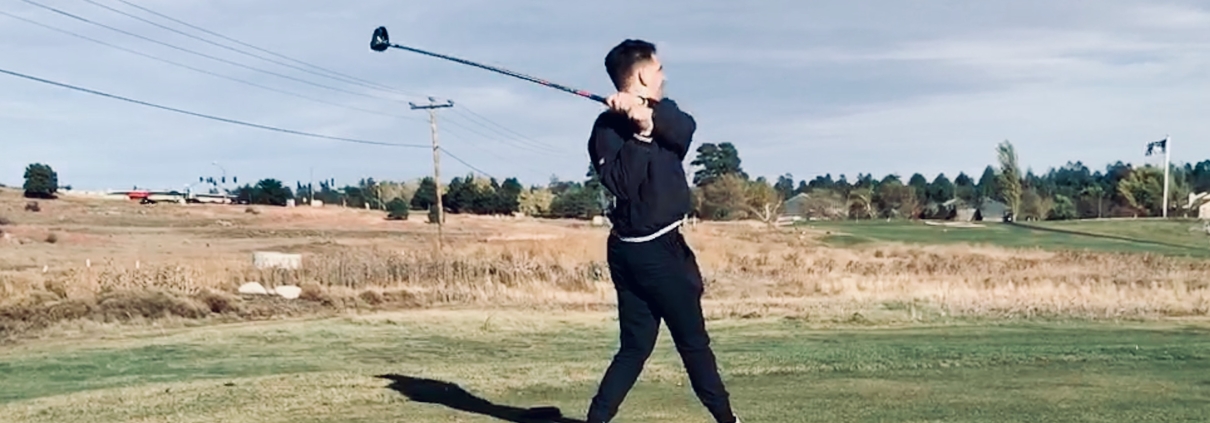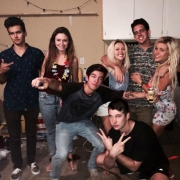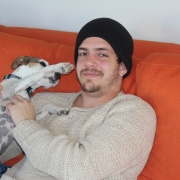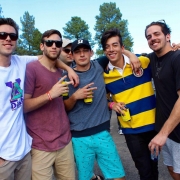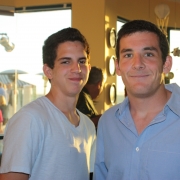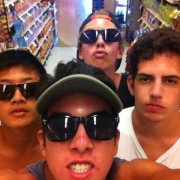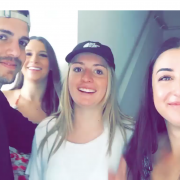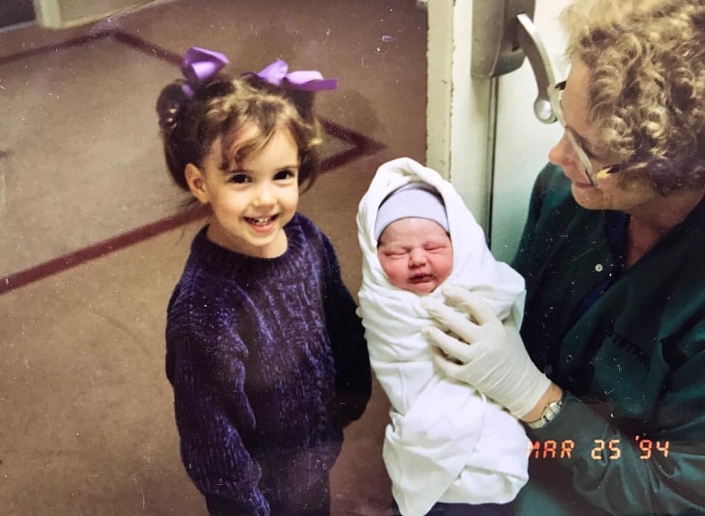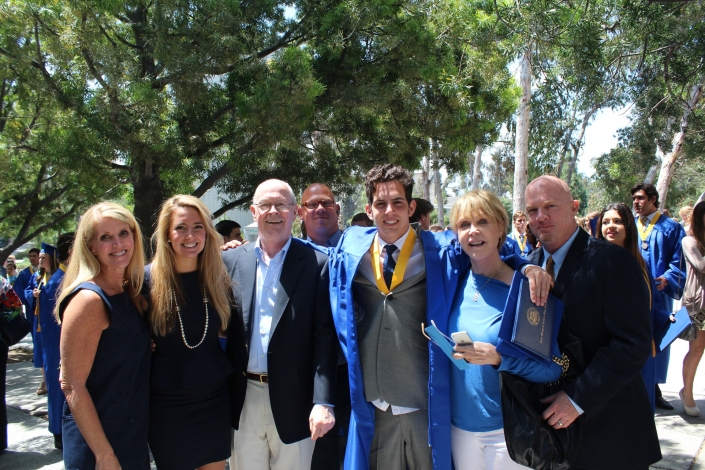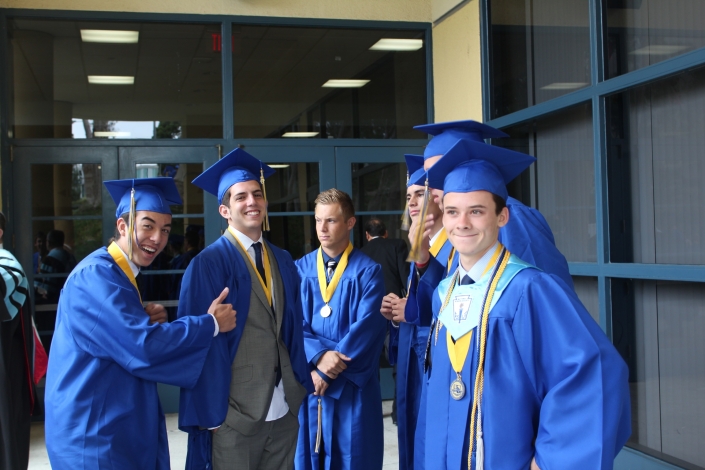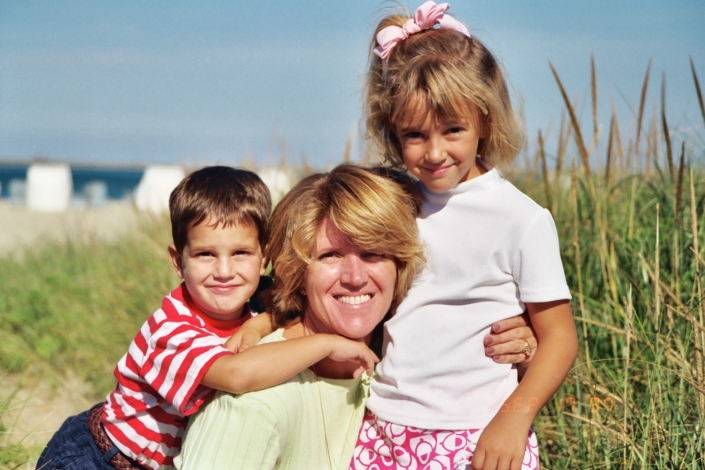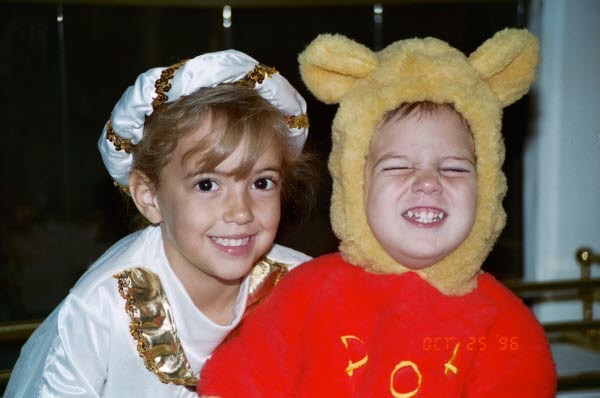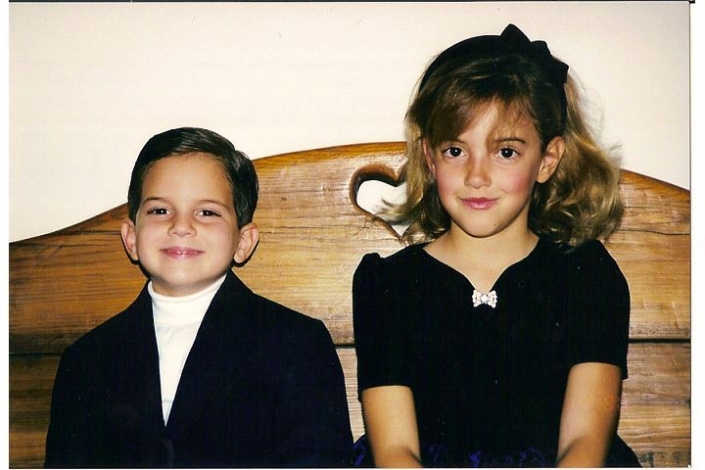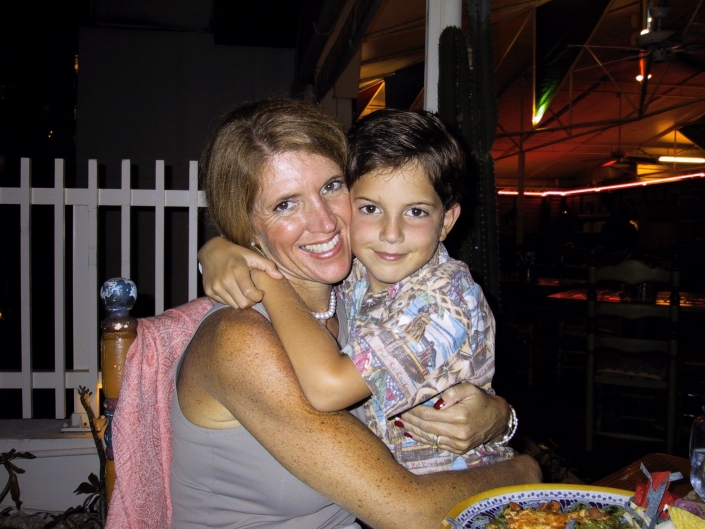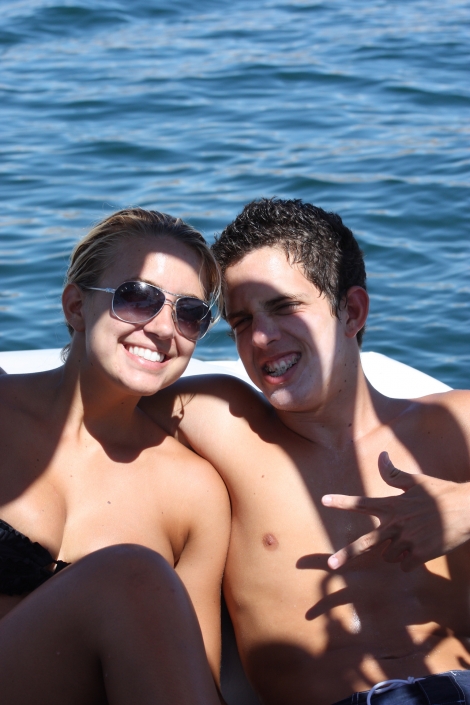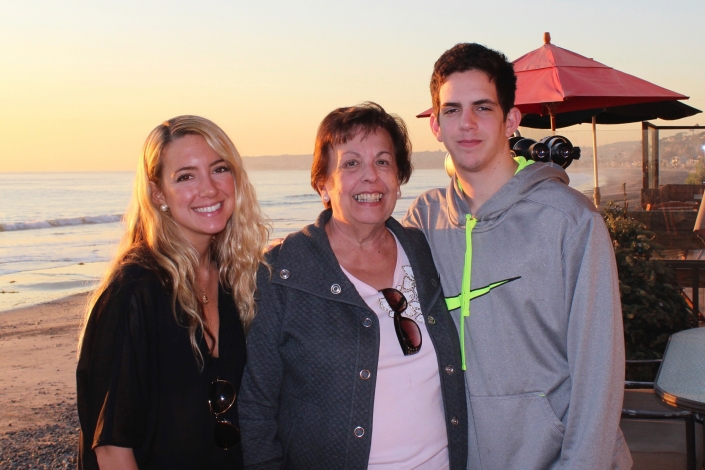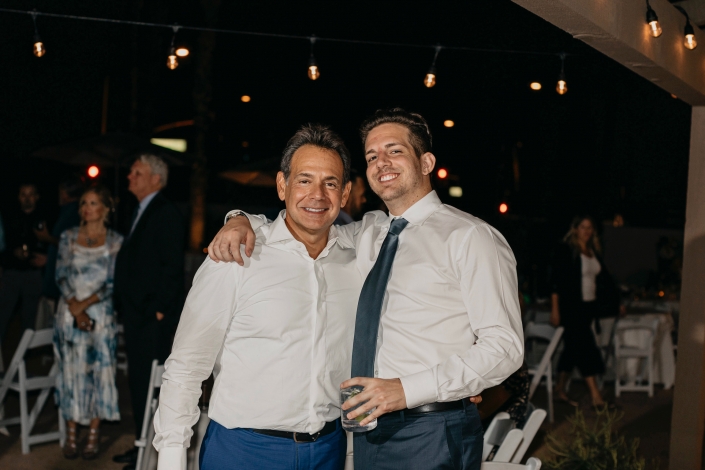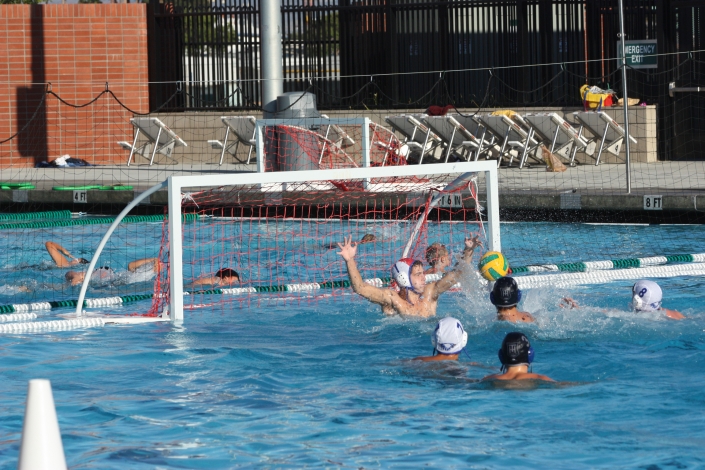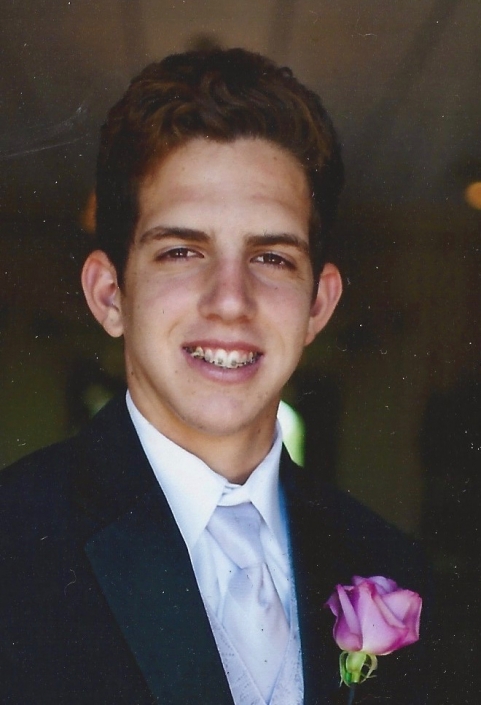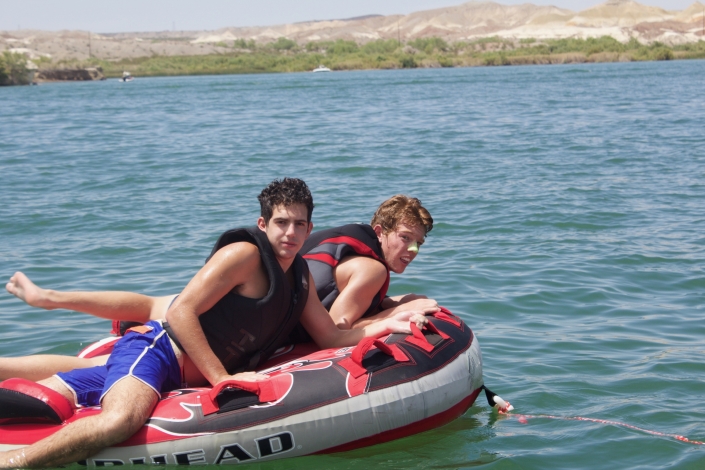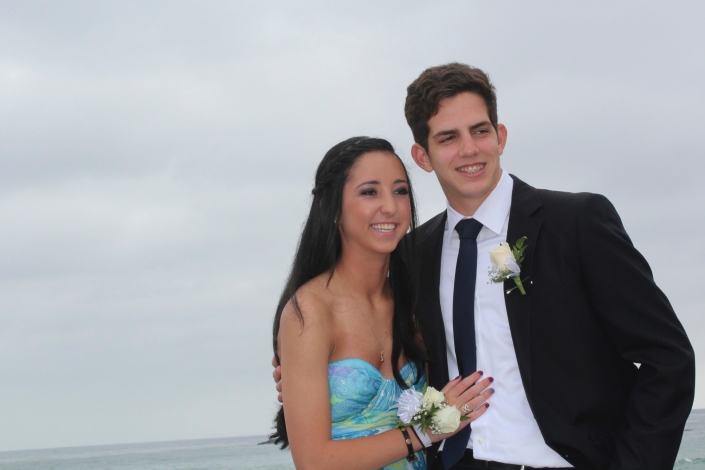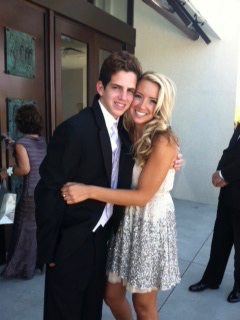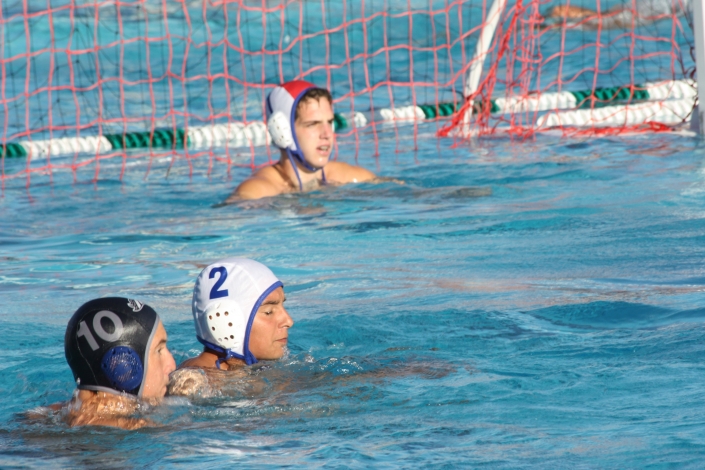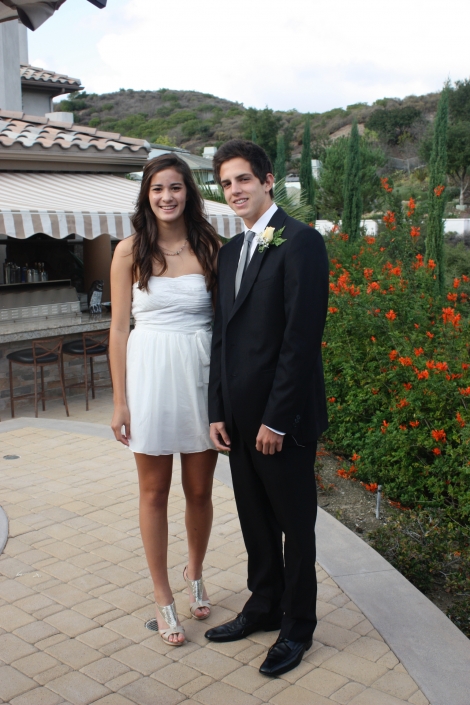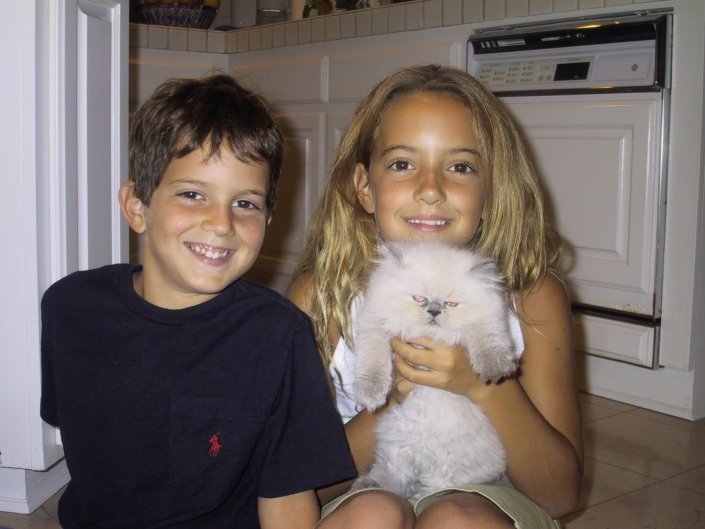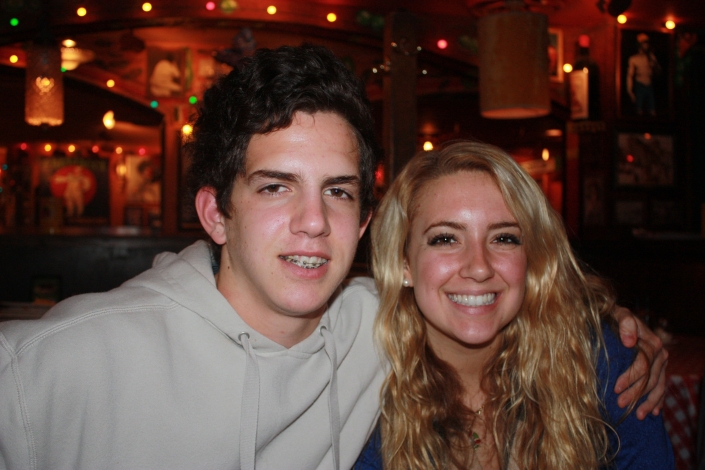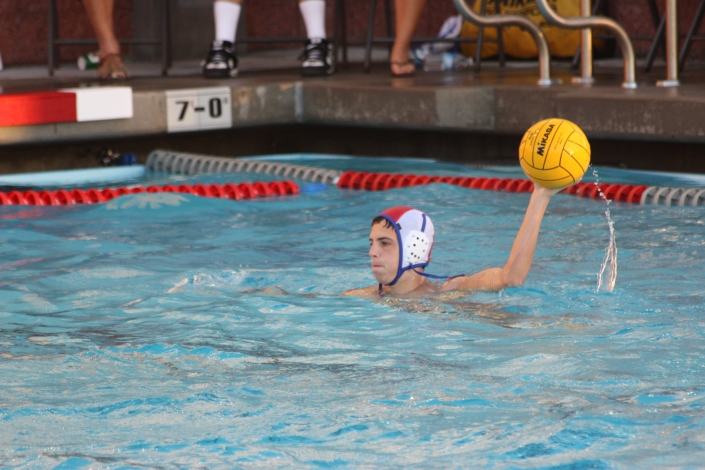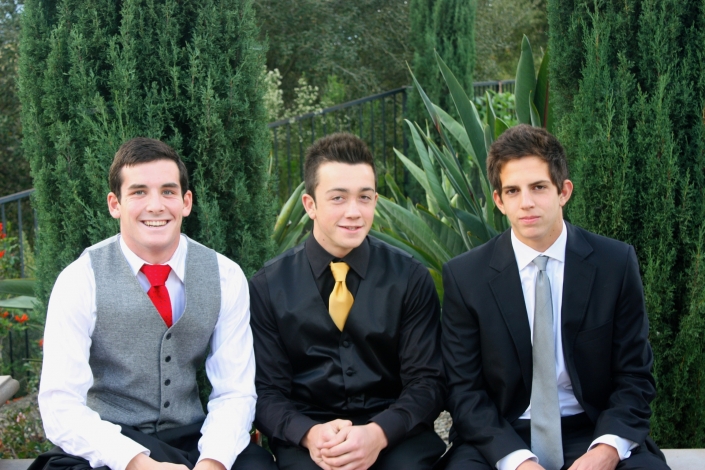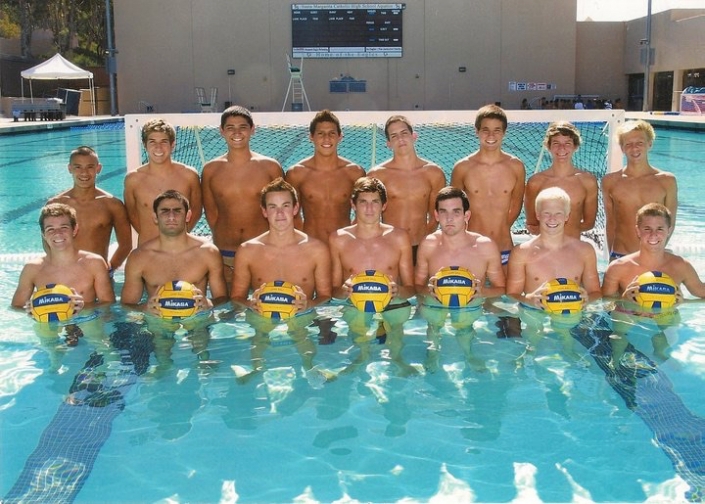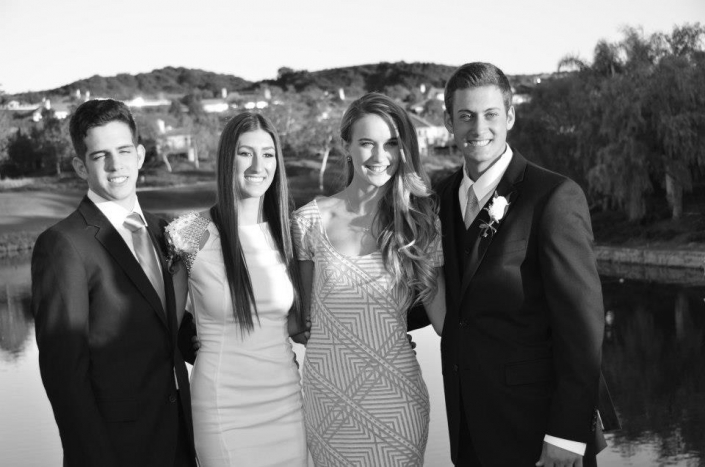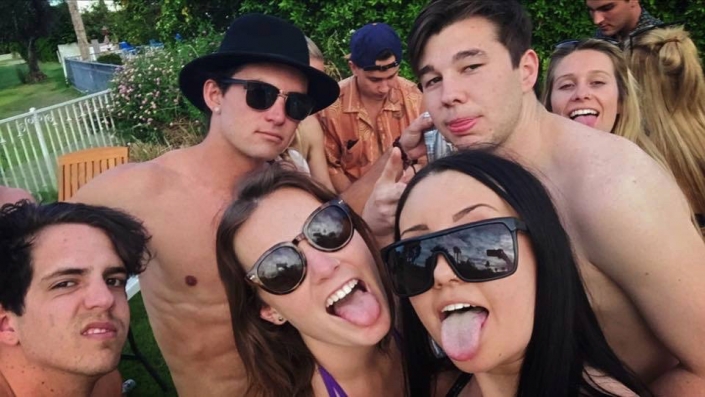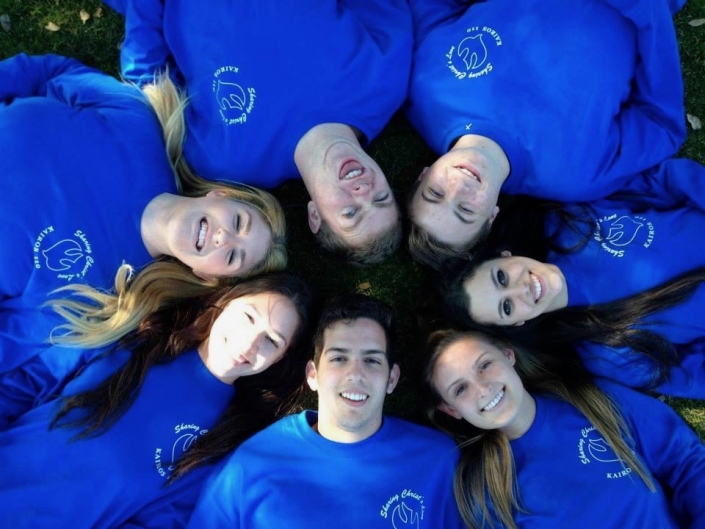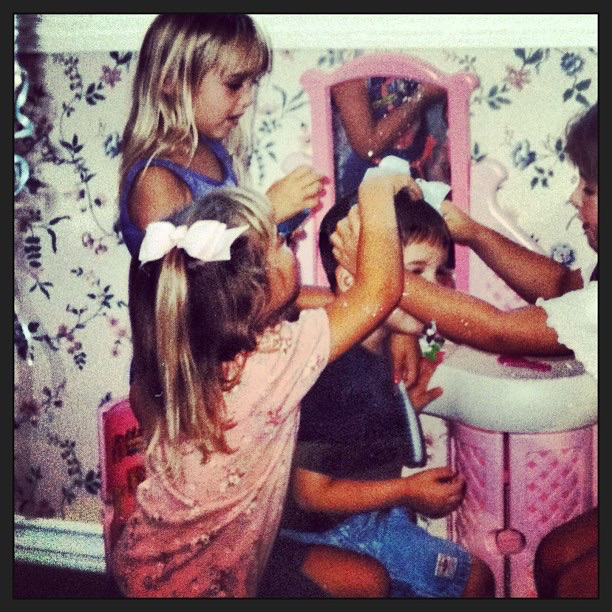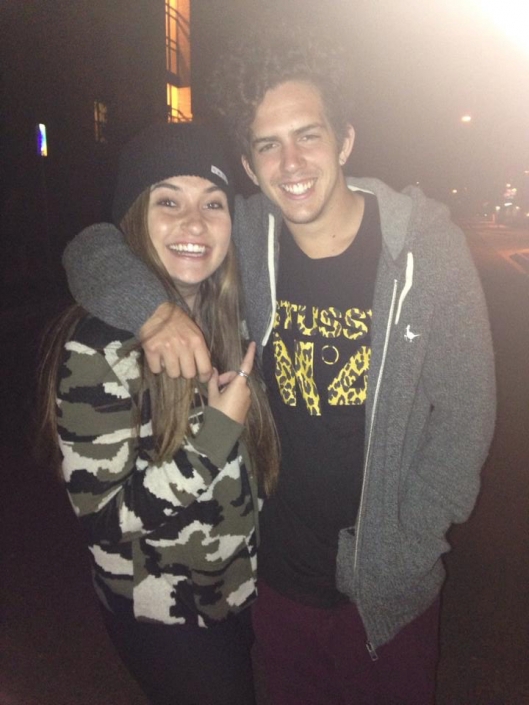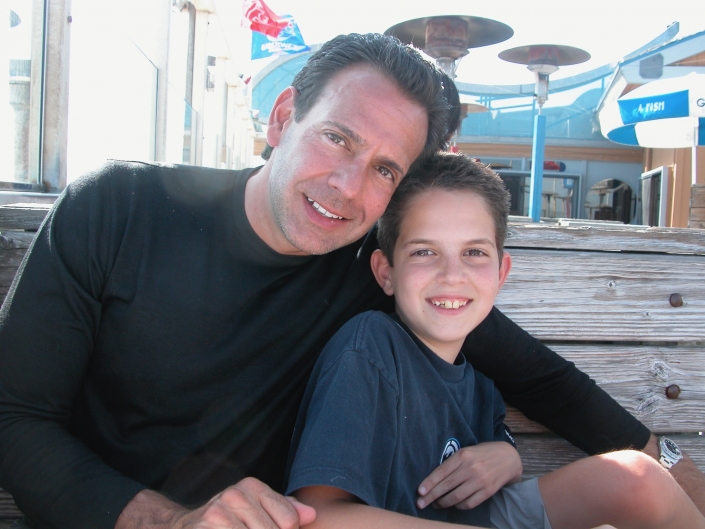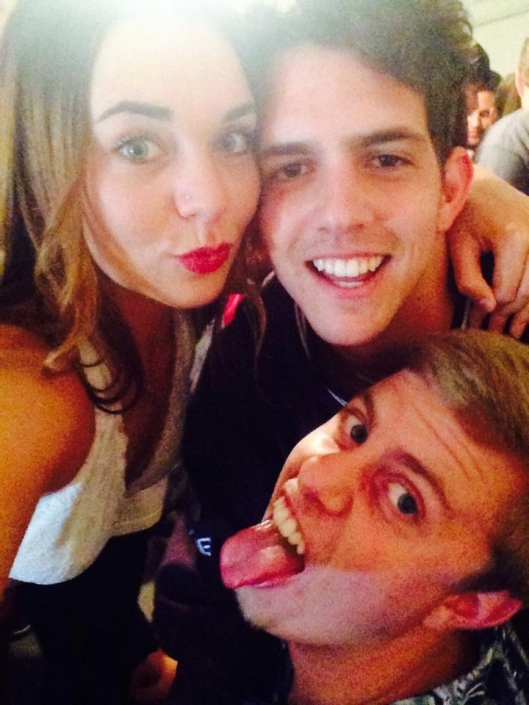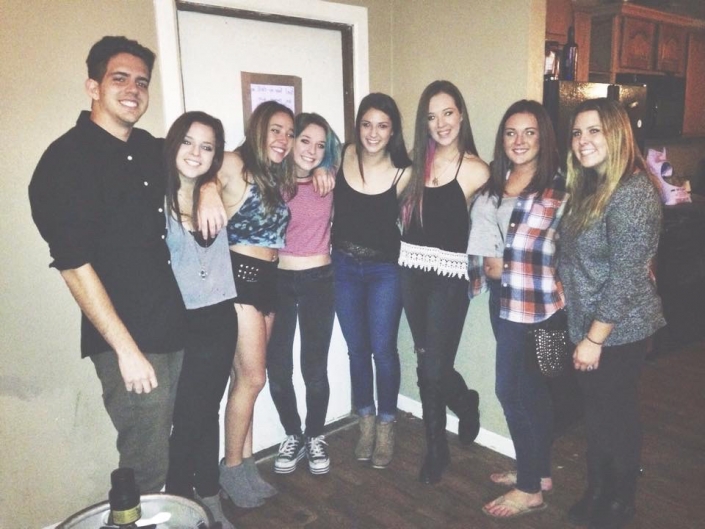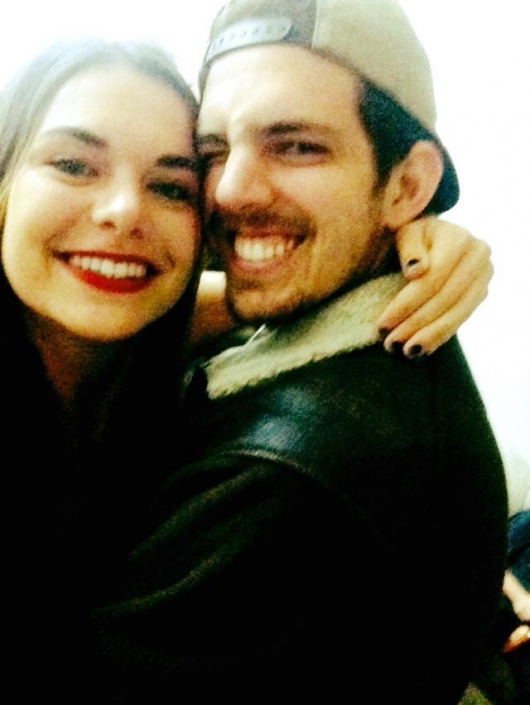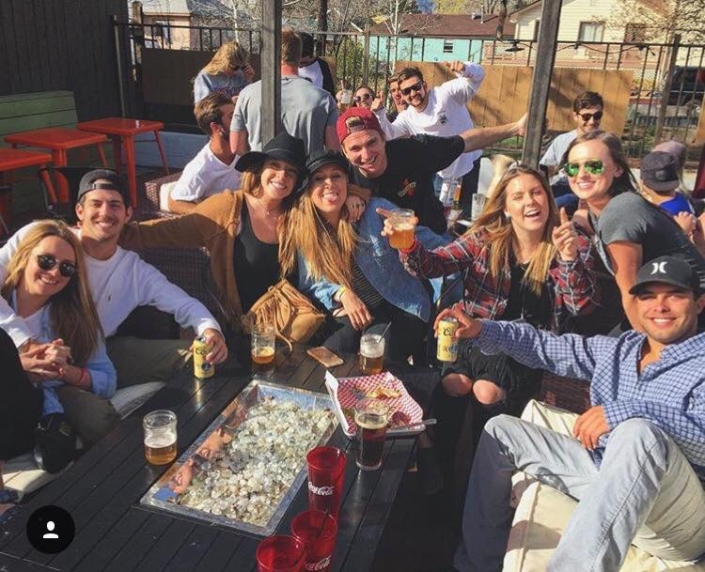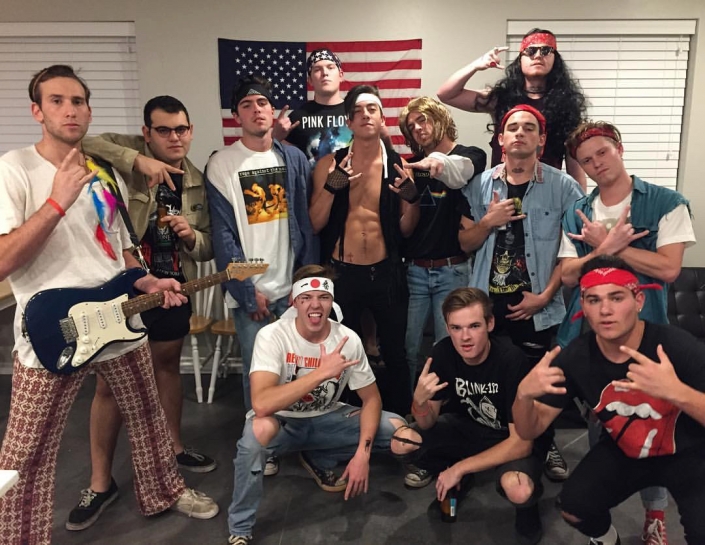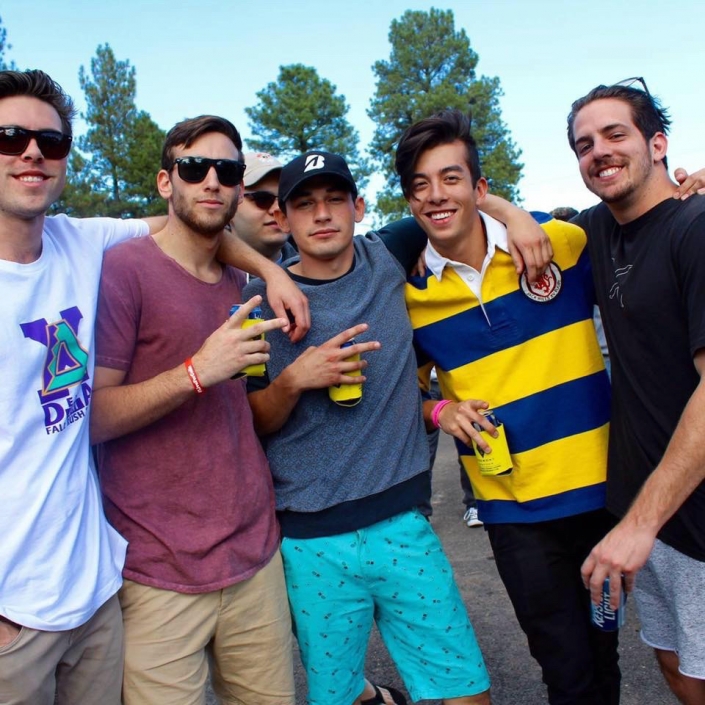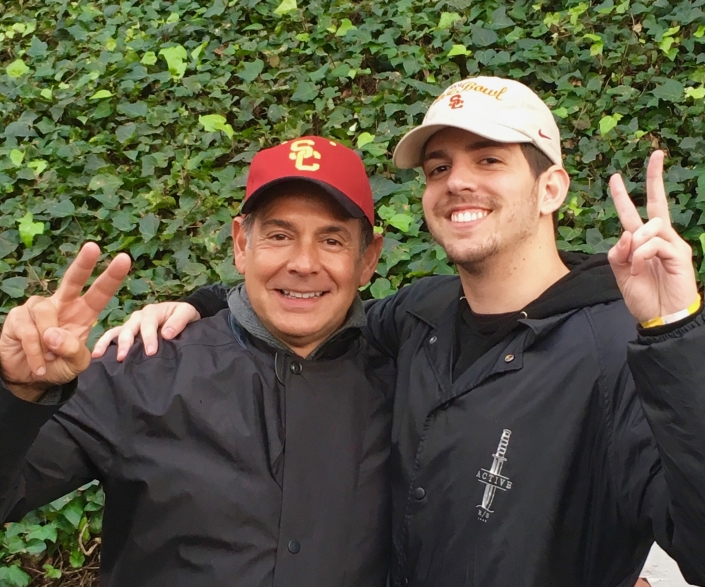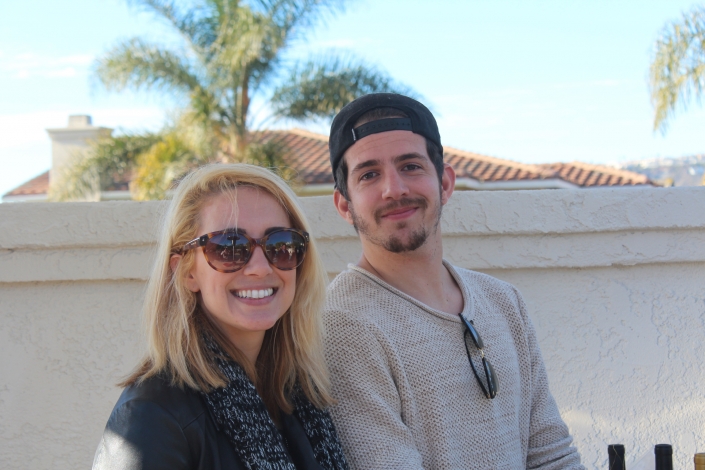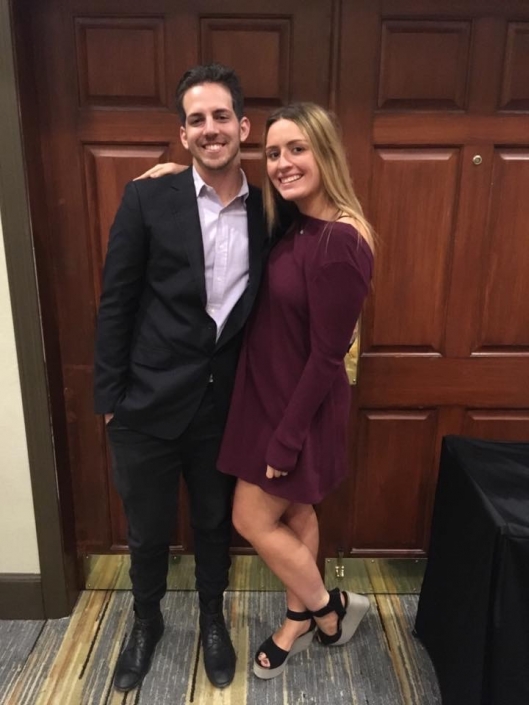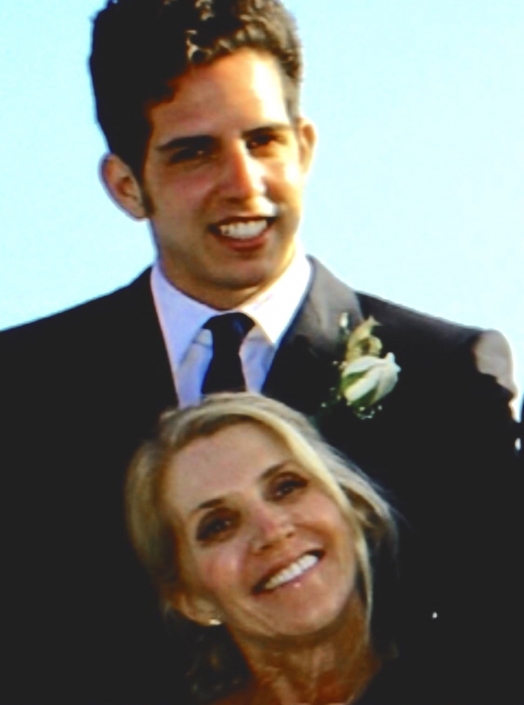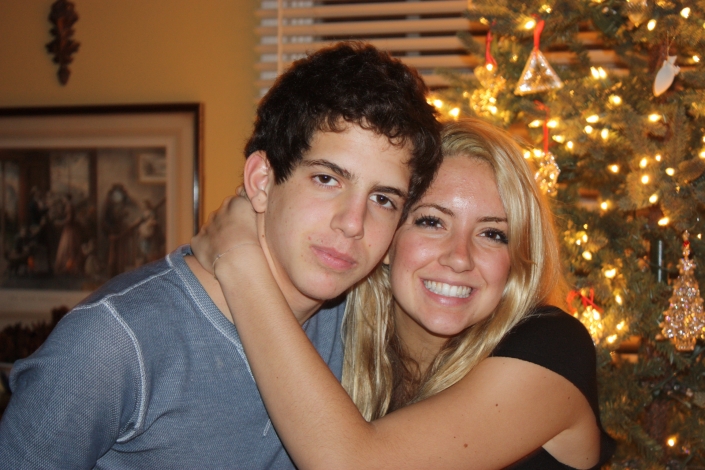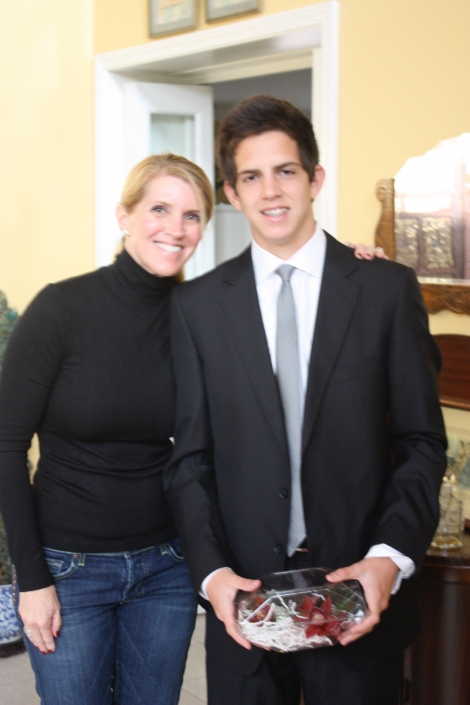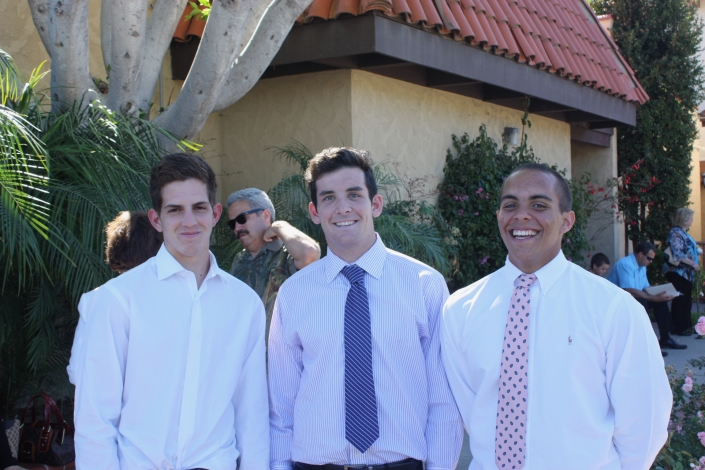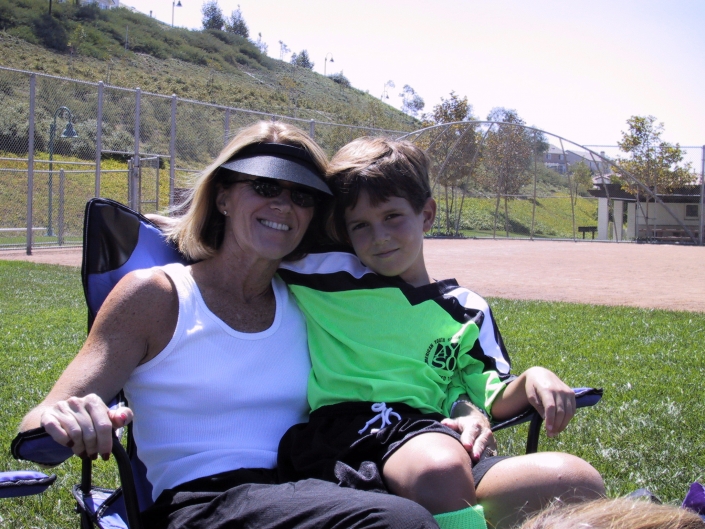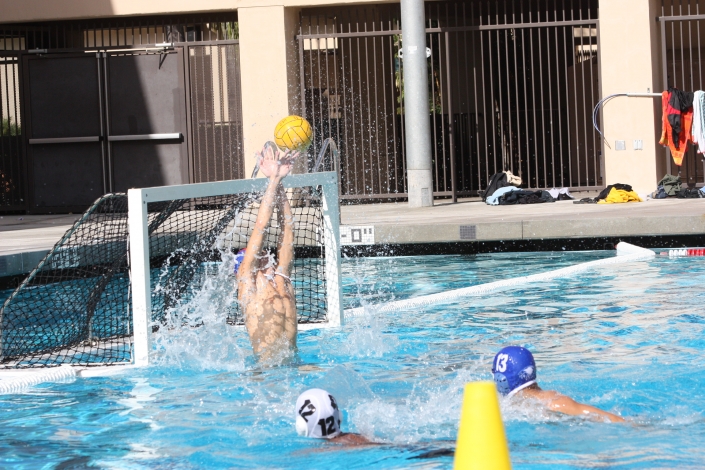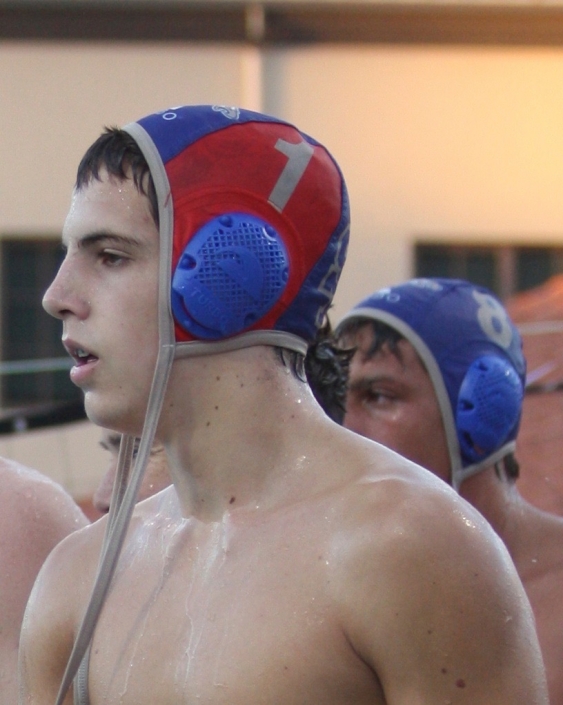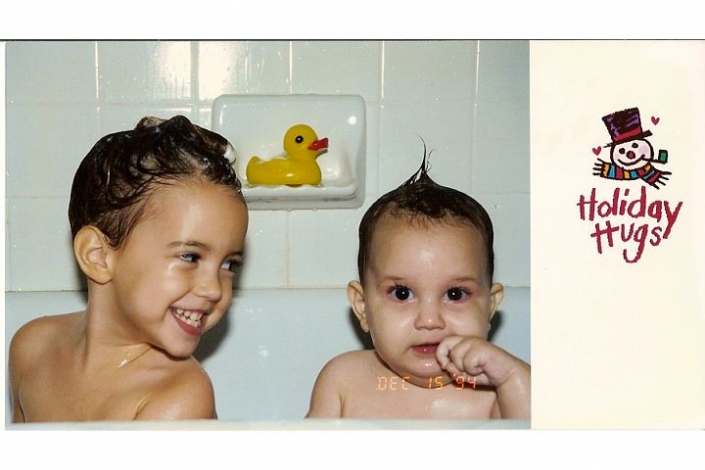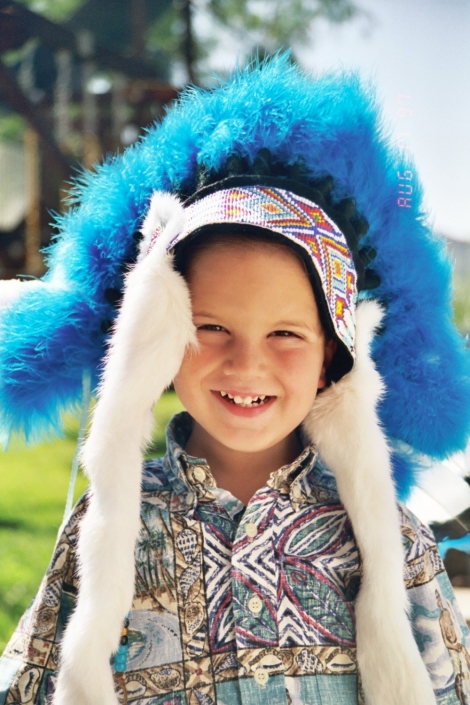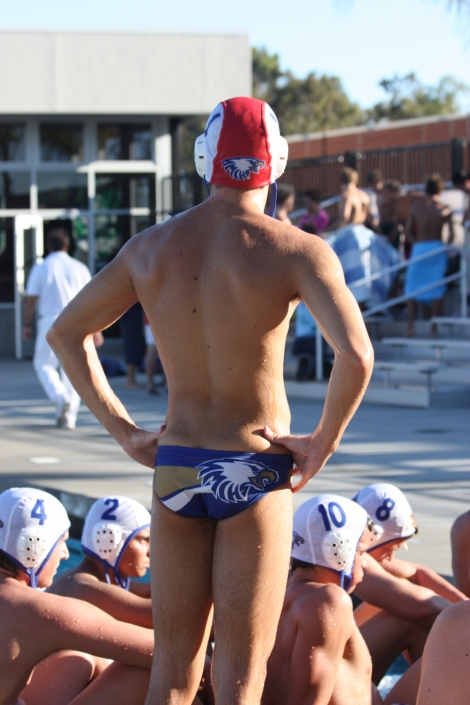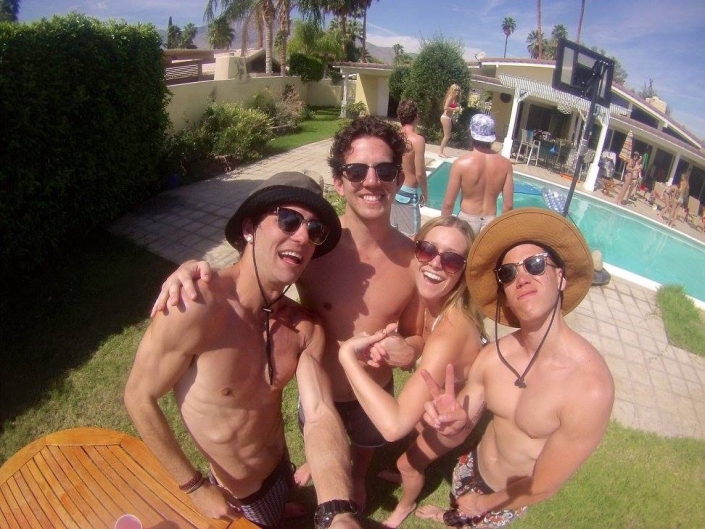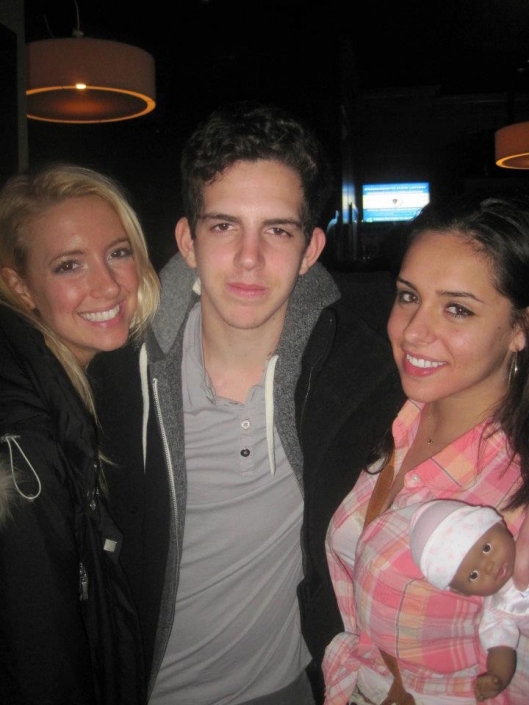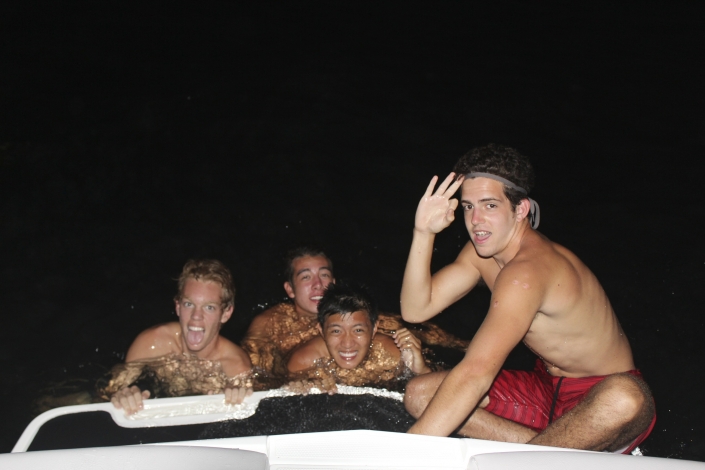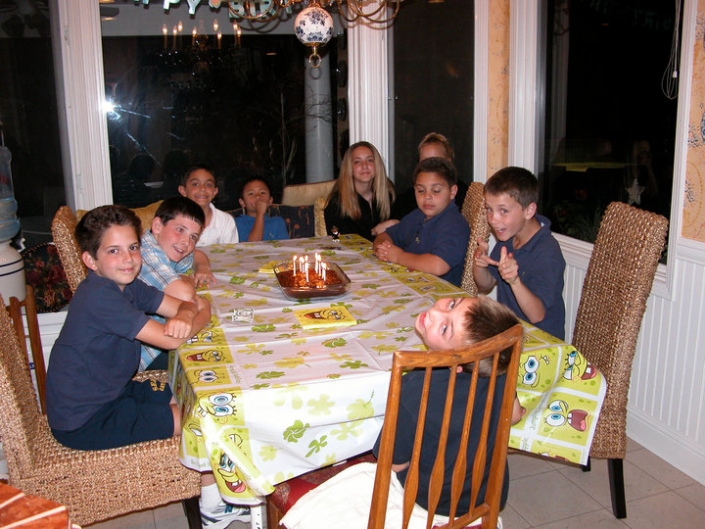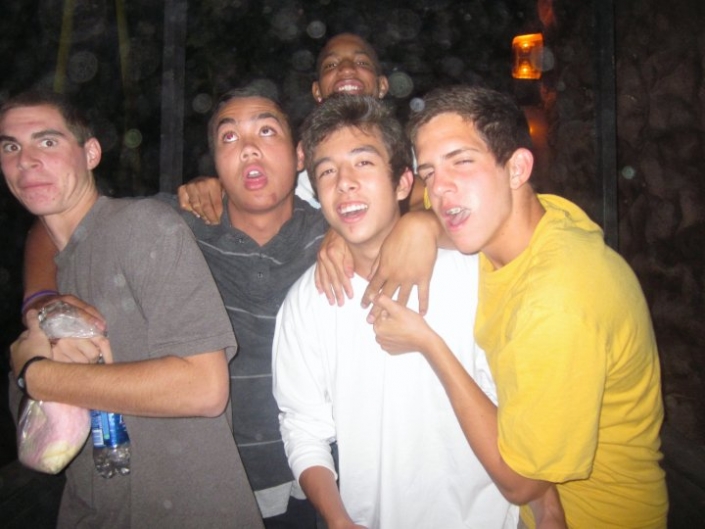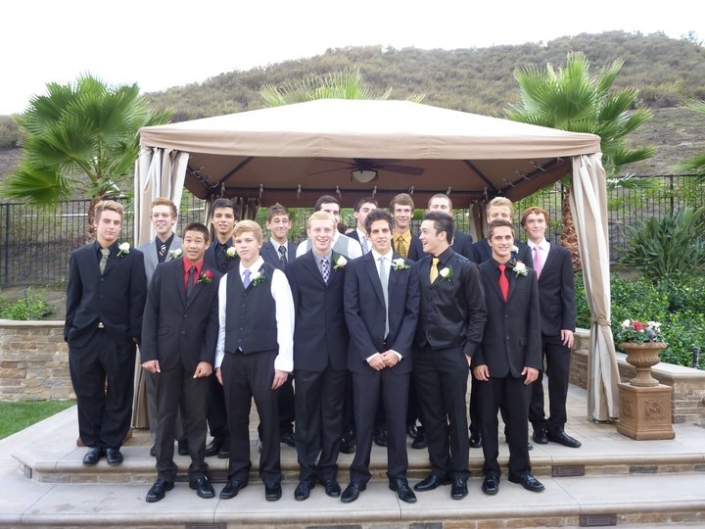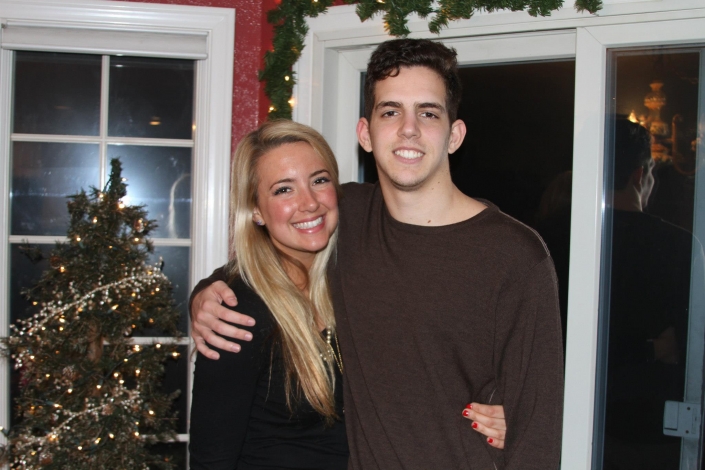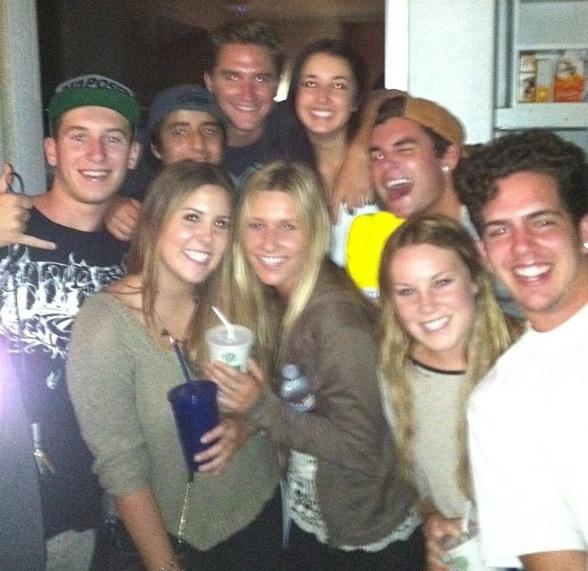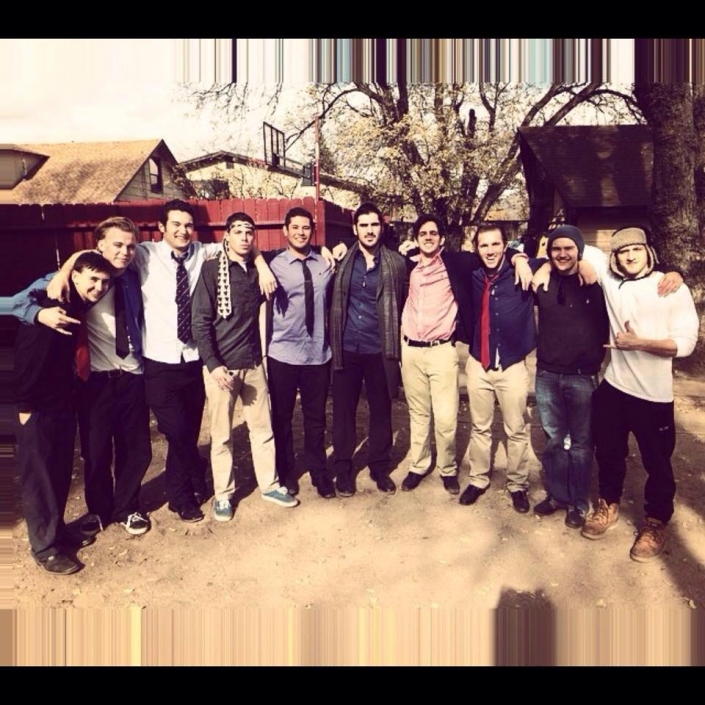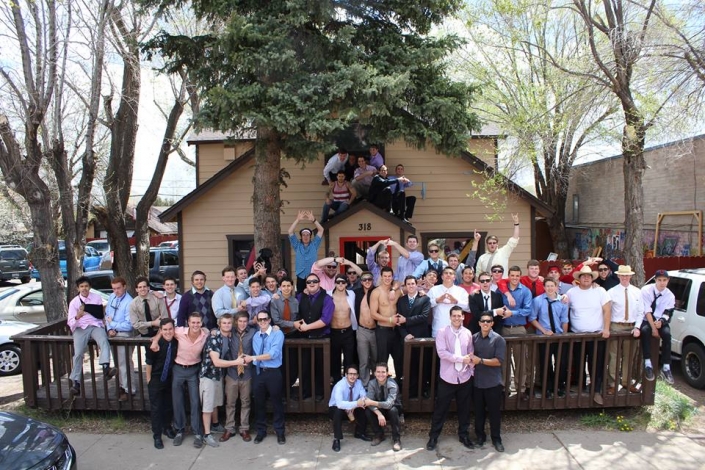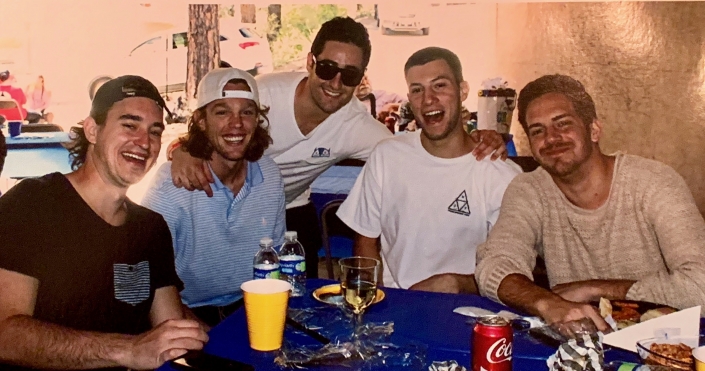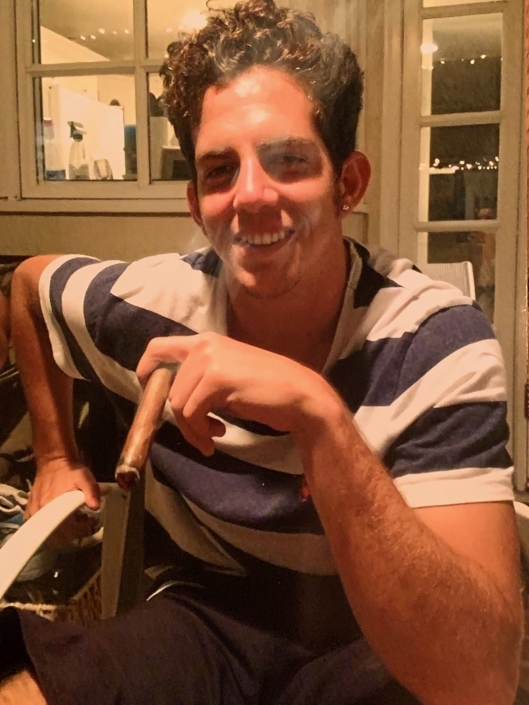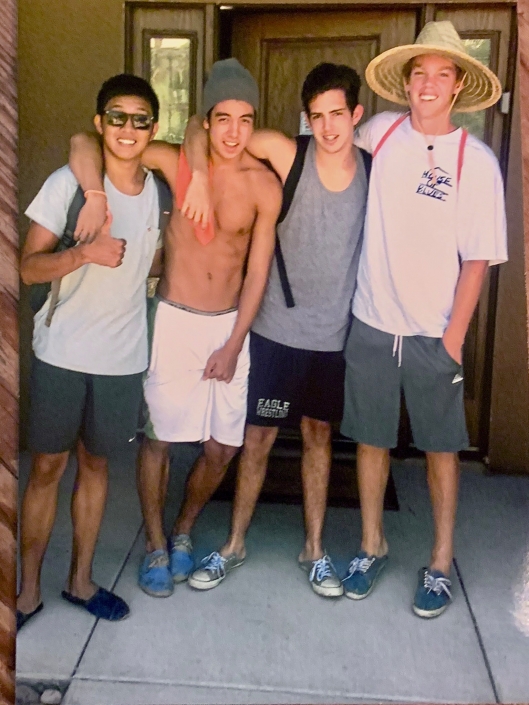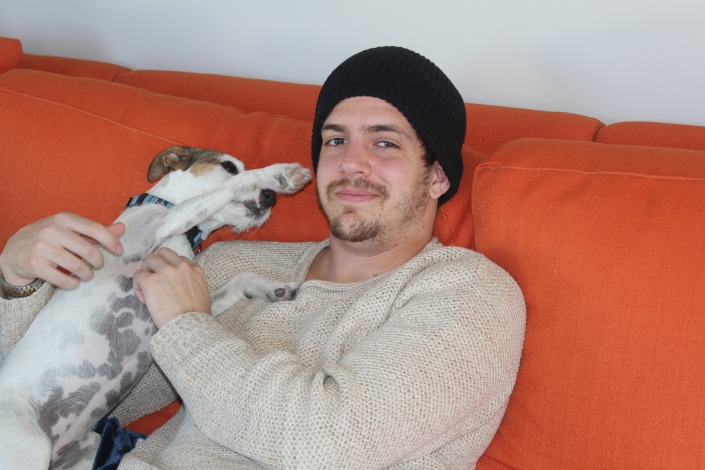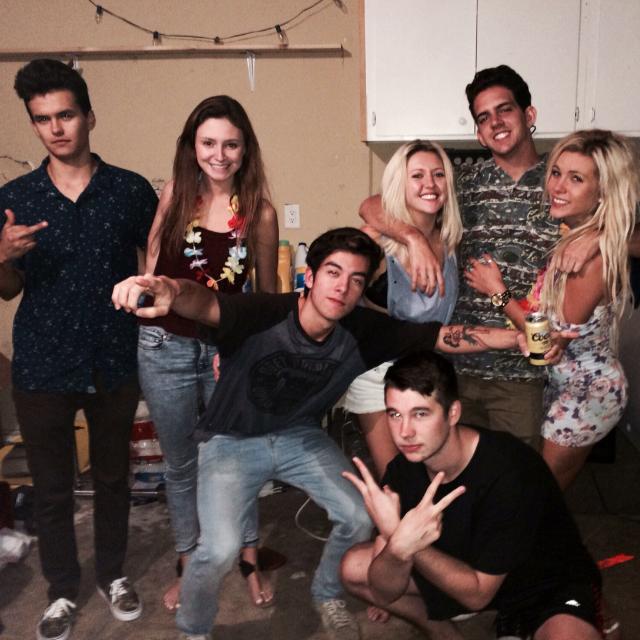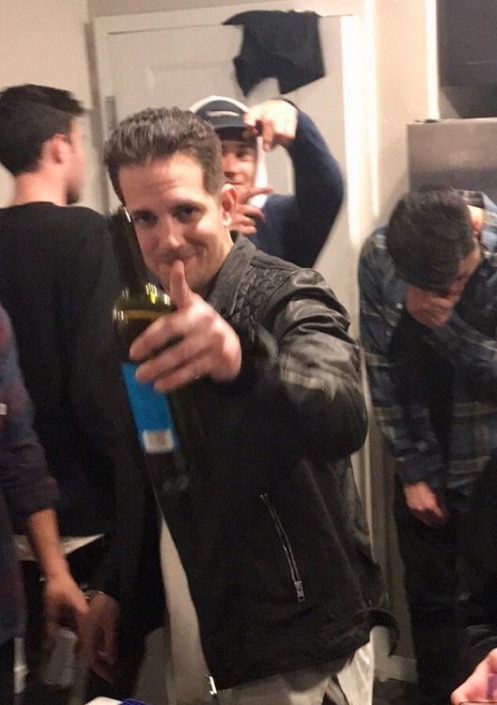Meet Nick! A caring & giving man loved by family and friends yet struggled in silence.
Turning Heartbreak Into Hope
If you had the privilege of meeting my son, Nick Acevedo, before March 4, 2018, you were truly blessed. That was the day he chose to leave this world. Nick was gifted, funny, empathetic, and talented. His decision to end his life left a profound void—not just for me and my family, but for everyone whose life he touched. Even in his absence, we are constantly reminded of the love and light he brought to those around him.
Six years ago, when I first wrote this letter, I was deeply focused on protecting Nick’s memory. I wanted people to truly see him, to understand his heart, and to recognize the challenges he faced and how he persevered through them, even when things were tough. Over time, with the perspective that comes from processing grief, I’ve updated this letter to reflect where I am today. The truth is, we may never fully understand why Nick made the choice he did. What I do know with absolute certainty is that Nick was deeply loved—by me, his mom, his sis, and everyone who knew him. And if he had reached out for help, we would have been there for him without hesitation. That reality remains as heartbreaking as it is undeniable.
The pictures of Nick on this website tell his story—they capture the cool, joyful, and vibrant person he was. He lived his life with passion and an infectious energy. When you look at these images, it’s hard to imagine that someone like Nick—who seemed to have so much to live for—could make such a tragic choice. That thought weighs on me constantly. If someone like Nick could be lost to suicide, how many other young people might be at risk? It’s a question I grapple with daily, often finding myself burdened with the painful “what ifs” of what I could have done differently.
This website and the charity events we organize are my way of honoring Nick’s life and ensuring that other families never have to endure the same heartbreak that ours has. These efforts are dedicated to raising awareness, providing education, and creating an understanding around the realities of depression and suicide, in the hope that more lives can be saved.
Much of what we do through these events is aimed at supporting organizations that provide the resources, guidance, and tools young adults need to navigate the challenges life throws their way. My hope is that these initiatives will spare other families the pain mine continues to endure. And while I often wonder if these efforts are, in part, a way for me to manage my own grief, I also believe that turning this tragedy into something meaningful helps create purpose in the midst of loss. It is a way to honor Nick’s memory and transform this pain into a positive force for change—helping others who are struggling.
I’ve learned how difficult it is to talk about suicide openly, especially with the stigma and misunderstandings that surround it. Since Nick’s passing, I’ve encountered many assumptions and misconceptions about who he was and why this happened. Some have tried to simplify a complex reality. But the truth is much more intricate. Despite the confusion and pain, my focus remains on the devastating impact suicide has on those left behind. Nick’s death shattered my world, and as a father, I find no words sufficient to describe the depth of that loss.
Every day, I think about the future Nick will never have—the life he could have lived, the family he might have had, and the experiences we should have shared. But while I can’t change what happened, I can work to bring attention to the realities of depression and suicide. My goal now is to help other families avoid the unimaginable grief that we’ve endured.
Through these charity events and initiatives, my hope is to shine a light on mental health struggles and encourage open, honest conversations that could save lives. This journey isn’t easy, but it’s one I feel called to walk—for Nick, for myself, and for all those silently battling similar challenges.
This mission isn’t just about my son. It’s about ensuring no other family has to experience the kind of loss that we have. My path since losing Nick has been one of learning, healing, and finding purpose in the midst of profound sorrow. By sharing my experience, I hope to inspire others to reach out, seek help, or offer support to someone in need.
As I reflect on this journey, I’m reminded of words from *Season of Life* by Jeffrey Marx, a book Nick and I used to read together:
There is a destiny that makes us brothers;
None goes his way alone;
All that we send into the lives of others
Comes back into our own.
This is why I am doing this—honoring Nick’s memory and working to prevent more lives from being lost to suicide.
Sincerely,
Steve Acevedo
Nick’s Dad
Living to Love Another Day
In Honor of Nick
A Tribute by Jeff Roxas & Zach Volpo, with a little help from the heart. Taken from their tribute at the November 2024 Golf Tournament
There are people who come into our lives like a breeze — unexpected, light, fleeting. And then there are those who arrive like a sunrise — constant, bright, and impossible to forget.
Nick Acevedo was our sunrise.
We were lucky enough to grow up with him — to know him not as a memory or a myth, but as our best friend. He was the kind of person who carried the weight of wisdom far beyond his years. And though he never tried to take center stage, somehow, he always became the center of the room.
Nick had this way about him — a quiet magnetism. He was endlessly curious about the world, about people, about how we all worked inside. He studied books and watched lectures like someone searching for answers he couldn’t yet name. He called them “life hacks,” but we knew what they really were: his way of loving us better. His way of helping us be our best selves.
He told us to walk taller, to never cross our arms, to always keep our chins up. “Posture matters,” he’d say with a grin — “beta males look down.” We laughed, but we listened. Because behind every piece of advice was Nick’s voice saying, “I want you to be okay.”
Even in high school, he was our unofficial big brother. A few months older, a few steps ahead, and always a few thoughts deeper than the rest of us. He wanted to understand the human mind — to figure out what made people tick, what made them love, what made them stay.
And that search took him to college… sort of.
When it came time to pick a school, Nick didn’t scour rankings or look up academic programs. He watched ImShmackedvideos on YouTube — a series that ranked colleges based on party scenes. West Virginia was his top choice simply because their video had the most views. That was Nick — always charting his own path, even when the map didn’t make sense to anyone else.
He didn’t end up at West Virginia. Instead, he chose Northern Arizona University — a place we called The Harvard of the West more as a joke than a boast. Go Jacks.
When we asked him why he picked NAU, he said, “They had a winter wonderland party video. It got taken off YouTube, but I downloaded it illegally.”
Classic Nick. Always chasing the moment — the spark — the feeling that something good was just around the corner.
When he arrived on campus, he texted us, “We got this.” And he meant it.
Within days, he knew more people than we did after months. He had this effortless way of bringing people together — not by being the loudest, but by being the most real. He reminded us who we were, and made us feel like that was enough.
Even when things didn’t go his way — like the time he didn’t get a bid during fraternity rush — he didn’t complain. He adapted. And in doing so, he showed us that resilience wasn’t loud or showy… it was quiet strength.
Later on, he’d finally get his bid. We’d go to the same parties, same events, and fall into the rhythm that had always felt like home.
But even then, he’d say something was missing.
That missing piece was our trio. He made it his mission to convince Jeff to transfer from Arizona State and come to NAU. After one unforgettable weekend and more than a little persuasive charm, Jeff did.
For a while, we were whole again.
Time passed, as it always does. New faces. New classes. New distractions. But Nick — he kept pulling us back to what mattered. He made time when others didn’t. He planned things. He showed up. He cared, even when it was hard to say it out loud.
That was his gift. He didn’t need the spotlight. He just wanted you to know you mattered.
And now, when our close-knit group gathers — Jeff, Chris, Chan, Dylan, Brenton, and us — there’s always laughter, always stories… and always something missing.
Because Nick left a space that no one else could ever fill.
He challenged us. He saw us. He made us better. Even when we didn’t understand it at the time, even when we rolled our eyes at his “psychology hacks” or dating theories, we knew deep down that it all came from love.
We wish our stories with him didn’t end in college. We wish we had more time.
But tonight — looking around this room — we’re reminded that Nick’s story didn’t end. It just changed. It’s now written in every hug, every laugh, every moment we choose to show up for each other.
So in his honor, let’s live like he did.
Walk tall. Keep your chin up. Show up for your people. And don’t cross your arms. Not just because it’s good posture — but because life is meant to be lived open.
To Nick —
Our friend. Our brother.
The one who brought the light.
We love you.
We miss you.
And we’ll carry you with us… always.
Because of you, we choose to love —
Another day.

